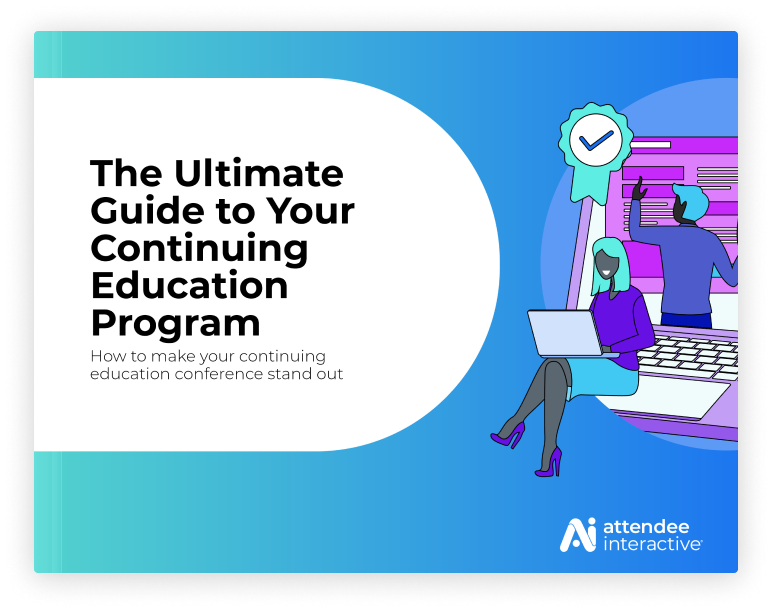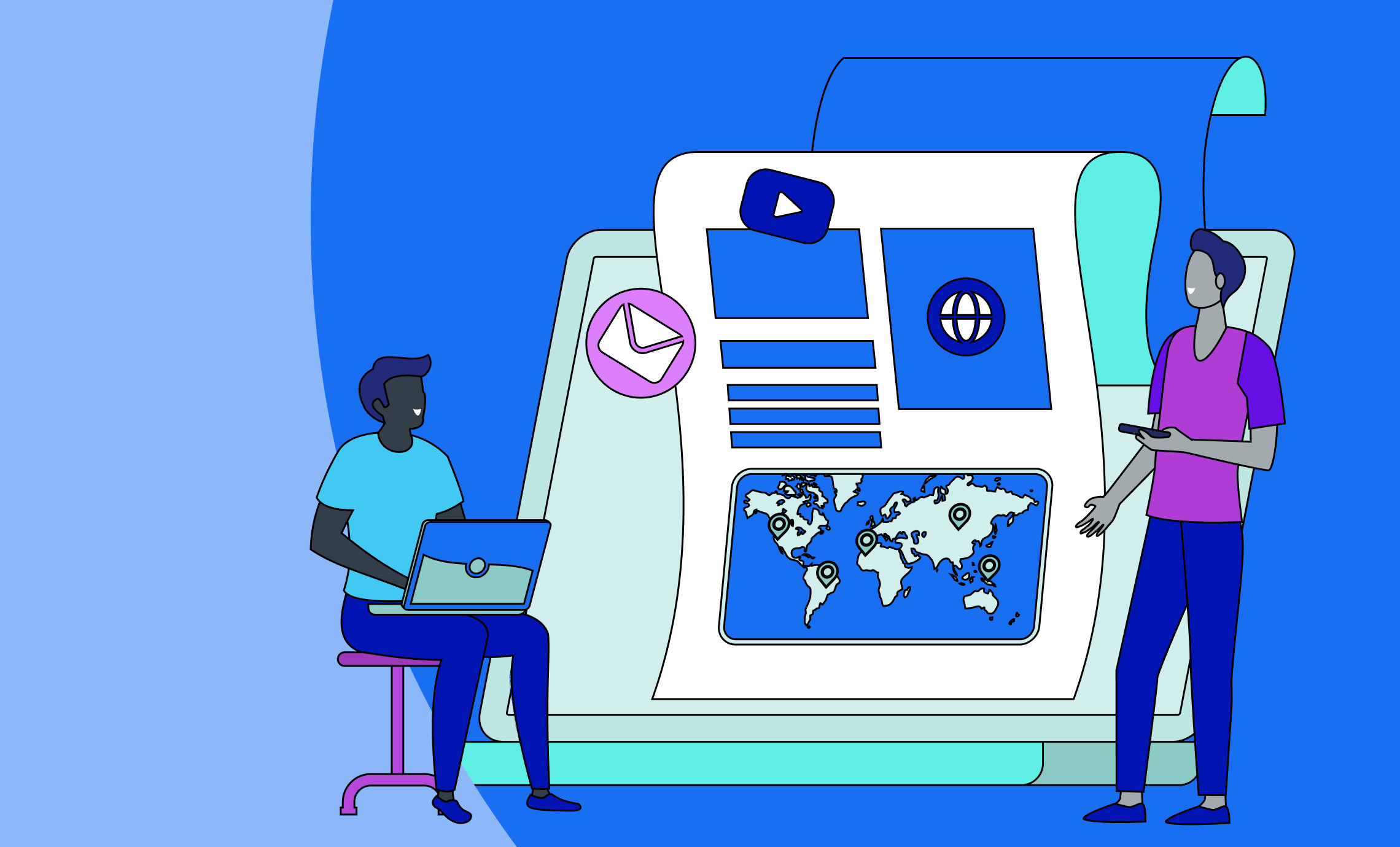Events are the lifeblood of our social and professional calendars, bringing people together to share experiences, knowledge, and joy. A successful event goes beyond merely checking off the logistical boxes; it leaves a lasting impact on attendees, sponsors, and organizers alike. In this blog post, Attendee Interactive will explore what constitutes event success, the significance of evaluating events, and the key factors that can turn an ordinary gathering into an unforgettable experience.
Why evaluate event effectiveness? Assessing the impact of an activity enables organizers to gauge its success, identify areas of improvement, and make data-driven decisions for future gatherings. Feedback from attendees, sponsors, and stakeholders provides valuable insights, empowering organizers to refine their strategies and ensure continued growth and success.
How To Plan an Event Successfully: Things to Consider
Successful event planning is the first step you need to take to avoid any issues and ensure a seamless flow of activities. At this stage, there are four main things you need to consider: audience engagement, seamless logistics, content and speakers, and post-event follow-up. With meticulous planning and organization, you can hit all these targets and achieve the goals you’ve set for the event. 
Audience Engagement
At the heart of a successful event lies the ability to captivate and engage attendees. To achieve this, meticulous planning is crucial. Tailoring the event to the interests and preferences of the target audience is a must. Here are a few things you can do offer to keep attendees engaged and excited:
1. Diverse Formats
Varying the format of presentations and sessions can keep attendees on their toes. Mix keynote speeches, workshops, and interactive sessions to create a dynamic and exciting agenda. Introducing entertainment elements, such as live performances, competitions, or gamified activities, can further add a touch of excitement and intrigue.
2. Live Interactions and Real-Time Feedback
Engagement thrives on interaction. Encourage real-time audience participation through interactive tools like live polls, Q&A sessions, and social media integration. Attendees will feel more connected when they can actively contribute to the event’s direction and have their questions answered on the spot.
3. Networking Opportunities
For many attendees, networking is a key reason for attending events. So, you’ll want to facilitate networking opportunities by providing designated spaces for informal discussions and networking sessions. Icebreaker activities or matchmaking features in event management platforms can help attendees find like-minded individuals or potential collaborators.
4. Visual and Sensory Delights
A visually appealing and sensory-rich environment can leave a lasting impact on attendees. Pay attention to event design, incorporating captivating visuals, lighting, and decor that align with the event theme or branding.
Consider leveraging technology, such as augmented reality (AR) or virtual reality (VR) experiences, to create immersive and memorable moments for attendees. These innovative elements can elevate the event to a whole new level, leaving participants awestruck and eager to share their experiences.
Seamless Logistics 
Efficient event logistics management is the backbone of any successful gathering. From venue selection to registration processes, smooth logistics can make or break an event. So, you’ll want a well-coordinated team that pays attention to detail and knows how to adapt to new situations. In addition, contingency plans should be put in place to handle unforeseen challenges. By minimizing logistical hiccups, organizers can ensure attendees have a stress-free and enjoyable experience. It’s important to have checklists and timetables in place to confirm your event logistics are all set.
High-quality Content and Speakers
Content is king, and this holds true for events as well. A carefully curated program featuring compelling content and expert speakers can energize the overall experience. Thought-provoking keynote speeches, informative workshops, and captivating presentations will leave attendees feeling enriched and motivated. Ensuring a diverse lineup of speakers representing different perspectives and expertise can further enhance the event.
Post-event Follow-up
Event success doesn’t end with the last applause. It extends into the post-event phase, where organizers can leverage the momentum to foster lasting connections and relationships. Following up with attendees, thanking them for their participation, and providing resources or recordings of sessions can enhance attendee satisfaction. Moreover, collecting feedback through surveys helps identify areas of improvement and can be a source of testimonials, which are invaluable for future marketing efforts.
Measuring Event Success: The Role of Technology
Gone are the days when you had to manually gather data to evaluate the success of your events. Now, there are many event management software and platforms with tools and functionalities for streamlining data collection and analysis. Attendee Interactive has proven capabilities to help you with the following:
Tracking Attendance and Engagement
Event management software and mobile apps have revolutionized the way attendance and engagement are tracked during events. By utilizing these tools, organizers can gain real-time data on the number of attendees, their activities, and the sessions they participate in.
QR code or NFC-based check-ins provide seamless and efficient registration processes, reducing long queues and attendee wait times. Tracking technology within event venues can monitor attendee movements, indicating the popularity of various sessions, exhibitor booths, and networking areas.
Moreover, some programs enable attendees to engage with content through polls, surveys, and live chats. This interactive approach allows organizers to gauge the level of interest and satisfaction throughout the event.
Collecting Event Feedback and Conducting Surveys 
Event feedback can present a goldmine of insights that should guide event organizers in refining their strategies and improving future events. Traditional paper surveys were time-consuming and often yielded incomplete responses. However, technology has streamlined the feedback collection process and enhanced data accuracy.
Event management platforms and online survey tools enable organizers to distribute post-event surveys quickly. These surveys can cover various aspects of the event, such as content quality, speaker effectiveness, logistics, and overall attendee satisfaction. The convenience of digital surveys encourages more participants to share their opinions, leading to a more comprehensive and representative dataset.
Final Thoughts on Successful Event Planning and Assessment
To pull off a successful event, organizers require a strategic blend of creativity, planning, and technology. Leveraging technology for data collection and analysis empowers organizers with valuable insights to continually enhance their event planning and management processes. By embracing these innovations, event planners can learn from each event, and better position themselves to create extraordinary experiences for event stakeholders.
For more details about the Attendee Interactive event management platform, please contact us today.



